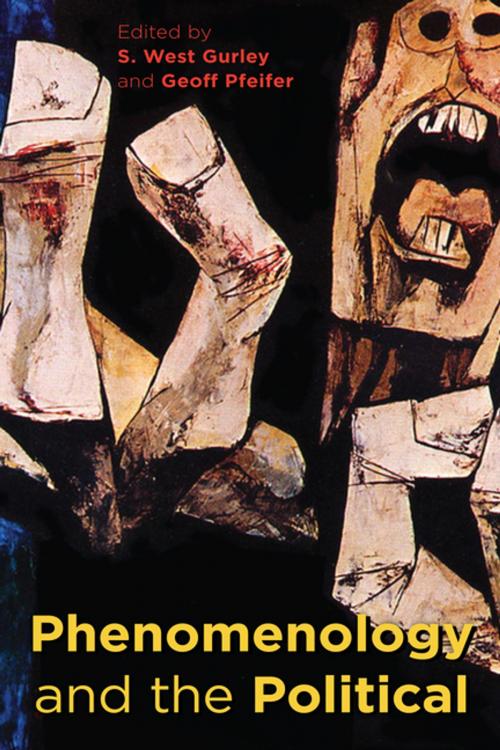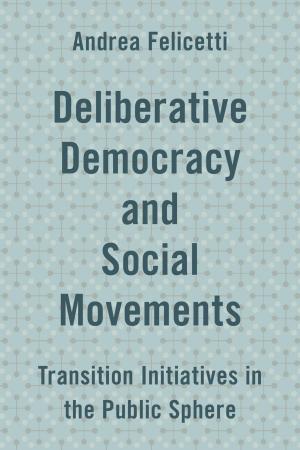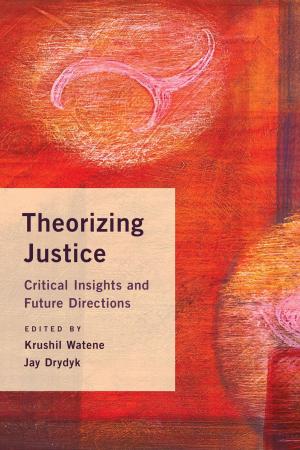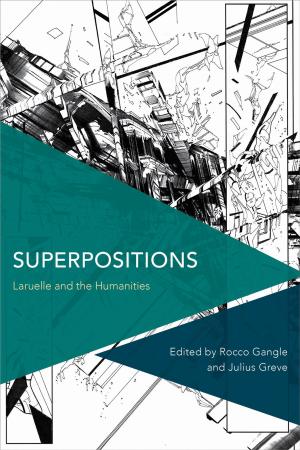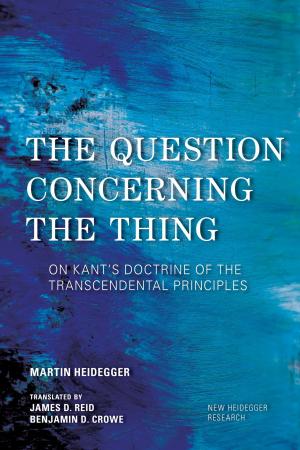Phenomenology and the Political
Nonfiction, Religion & Spirituality, Philosophy, Phenomenology, Political| Author: | ISBN: | 9781783487707 | |
| Publisher: | Rowman & Littlefield International | Publication: | October 12, 2016 |
| Imprint: | Rowman & Littlefield International | Language: | English |
| Author: | |
| ISBN: | 9781783487707 |
| Publisher: | Rowman & Littlefield International |
| Publication: | October 12, 2016 |
| Imprint: | Rowman & Littlefield International |
| Language: | English |
This timely volume brings together a diverse group of expert authors in order to investigate the question of phenomenology’s relation to the political. These authors take up a variety of themes and movements in contemporary political philosophy. Some of them put phenomenology in dialogue with feminism or philosophies of race, others with Marxism and psychoanalysis, while others look at phenomenology’s historical relation to politics. The book shows the ways in which phenomenology is either itself a form of political philosophy, or a useful method for thinking the political. It also explores the ways in which phenomenology falls short in the realm of the political. Ultimately, this collection serves as a starting point for a groundbreaking dialogue in the field about the nature of the relationship between phenomenology and the political. It is a must-read for anyone who is interested in phenomenology or contemporary social and political philosophy.
This timely volume brings together a diverse group of expert authors in order to investigate the question of phenomenology’s relation to the political. These authors take up a variety of themes and movements in contemporary political philosophy. Some of them put phenomenology in dialogue with feminism or philosophies of race, others with Marxism and psychoanalysis, while others look at phenomenology’s historical relation to politics. The book shows the ways in which phenomenology is either itself a form of political philosophy, or a useful method for thinking the political. It also explores the ways in which phenomenology falls short in the realm of the political. Ultimately, this collection serves as a starting point for a groundbreaking dialogue in the field about the nature of the relationship between phenomenology and the political. It is a must-read for anyone who is interested in phenomenology or contemporary social and political philosophy.
